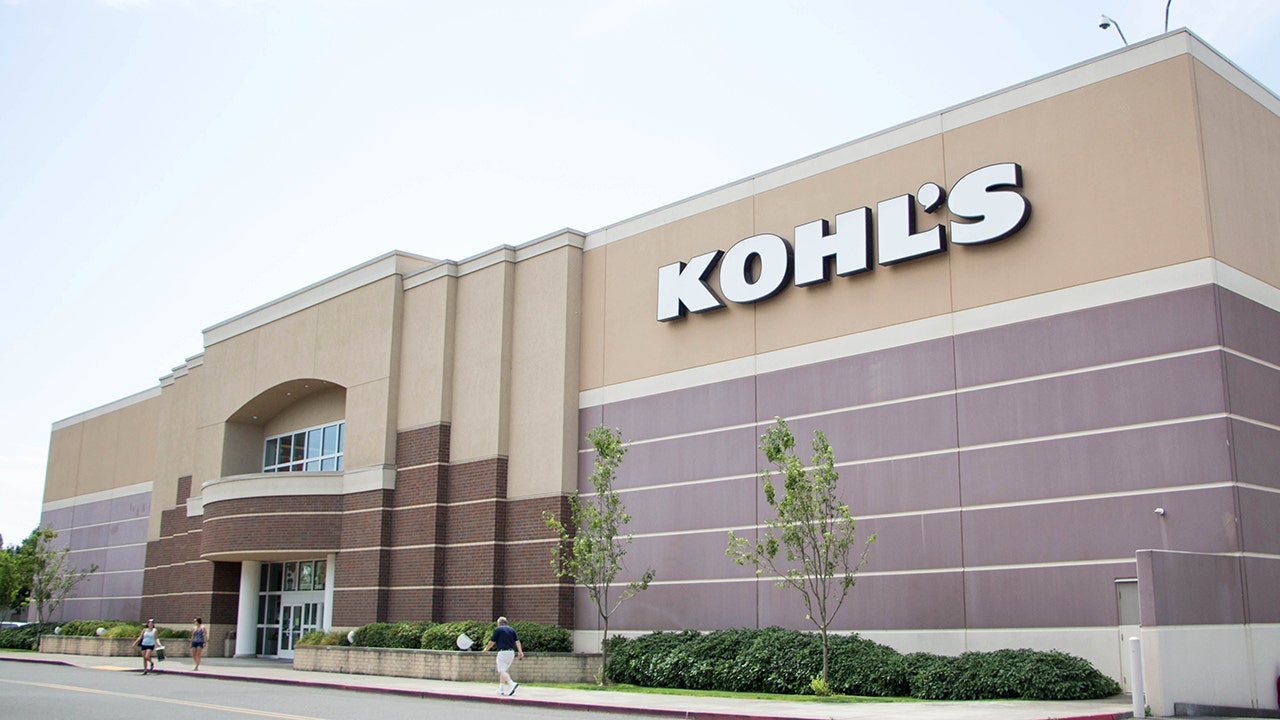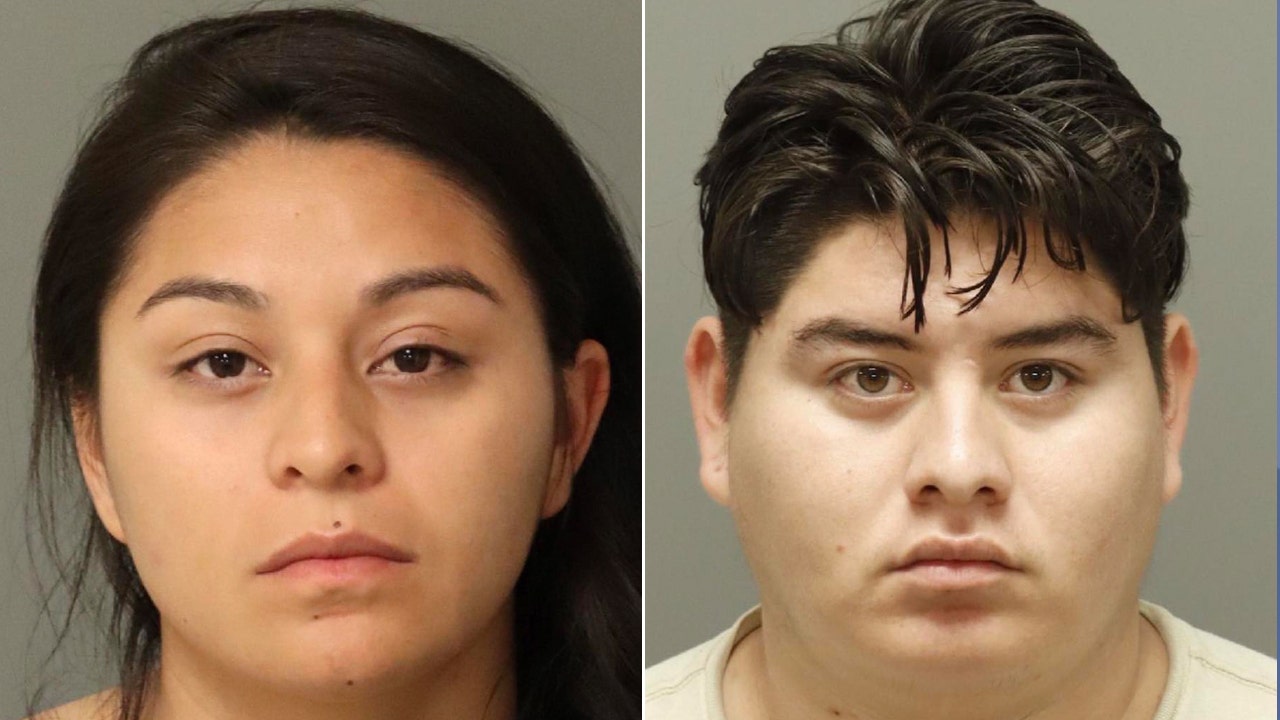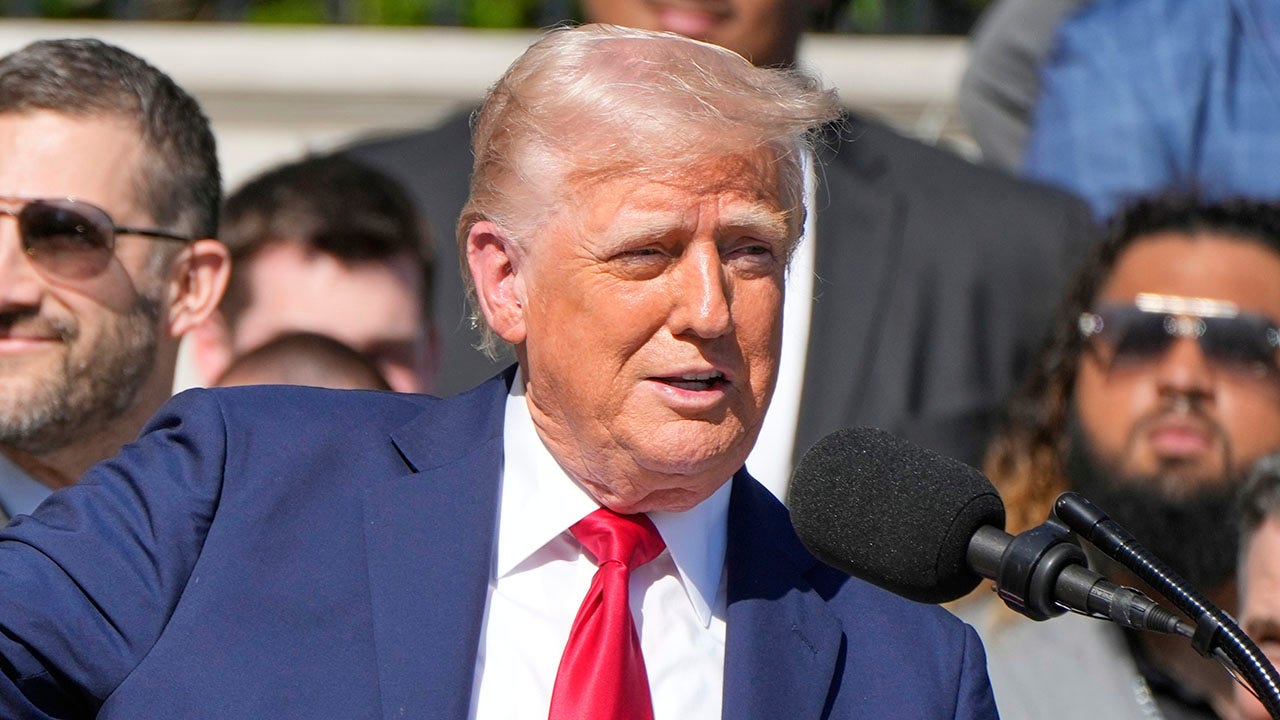Posted on Thursday, May 1, 2025
|
by AMAC, D.J. Wilson
|
0 Comments
|
Having a good time around the barbecue equals having a safe time, too! Here’s how to ensure a trouble-free and enjoyable grilling experience.
Barbecuing is a beloved culinary tradition that brings family and friends together centered around sharing a delicious meal. Here are some top safety tips to minimize the danger and maximize the fun!
Don’t be a moron! Practice safety around the grill.
Preparing the grill
Before you begin grilling, always prepare your grill properly. Here are some commonsense basics:
- Make sure your grill is clean: A clean grill is not only more sanitary, but also safer than a dirty grill. Grease and food residue can cause dangerous flare-ups and fires, so be sure to scrub the grates and remove buildup before each use.
- Be sure it’s damage-free: Per Insurance Information Institute, about 5,700 grill fires take place on residential property every year that are mainly attributed to malfunctions. Grills with rusted-out bottoms, loose parts, damaged hoses, leaky valves, or burner blockages can pose danger. Problems may indicate that it’s time to service or replace the grill.
- Check that it’s stable: Grills should always be placed on flat and stable surfaces and away from flammable materials such as the side of the house, deck railings, or overhanging branches as examples. Create a safe designated grill area away from children and pet play areas.
Note: It is NOT safe to operate gas/propane grills indoors as it may lead to carbon monoxide poisoning and fire hazards.Grilling in a garage, even with the door open, is also considered dangerous.
Safe lighting & handling
Proper lighting and handling of the grill are essential to prevent accidents. When lighting a gas grill, keep the lid open to avoid gas buildup and potential explosions. For charcoal grills, use a chimney starter or electric starter rather than lighter fluid to prevent dangerous flareups.
Handling hot surfaces
Wear heat-resistant gloves (insert link here to our article entitled best barbecue tools) and use long-handled tools to handle hot grates and food. This will help protect your hands and arms from burns and ensure safe cooking.
Managing heat & flames while cooking
Monitor and adjust the burners or vents to control the heat and prevent flareups. When grilling, avoid wearing loose clothing that can catch fire.
Three nevers
- Never leave a lit grill unattended. 2) Never lean over the grill when igniting the burners. Important: If a gas grill does not ignite on the first try, wait five minutes for the gas to clear before trying again. 3) Never move a grill once it’s lit.
About food temperature
Cooking foods to the proper temperature is essential for safety and prevention of food borne illness. Different meats require different cooking temperatures and lengths of time on the grill. Be sure to monitor the heat of your grill as well as the internal temperature of foods like chicken and beef to prevent under or overcooking.
Avoiding cross-contamination
Take care to use separate plates/grill utensils for raw and cooked foods. Discard leftover marinade that encounters raw meat.
Staying hydrated
Drinking water and staying hydrated while working a grill, particularly in the heat of summer, is important. Since grilling is hot work, it’s advisable to avoid excessive alcohol consumption that can impair judgement and coordination.
Being prepared
- Read the grill safety information and follow protocols. For example, most gas grill manufacturers recommend regular cleaning and performing maintenance on your propane or natural grill twice a year. Per Moneypit.com, it’s a good idea to understand how to turn the gas on and off at the source (tank or supply line) prior to inspecting parts.
- Establish a plan for emergencies, including keeping a first aid kit handy for minor injuries, having theappropriate type of fire extinguisher within reach, and knowing how to react in an emergency. (Note that Class B fire extinguishers are designed for flammable liquids such as oil, gasoline and grease.)
- Understand fire safety and know that flames can spread fast. NEVER put water on a grease fire as it can spread the fire. If you cannot easily extinguish flames using the proper fire extinguisher, or if a fire is spreading, dial 911 immediately to report the emergency and move to a safe location as you await help.
Post-grilling safety
- Cool the grill down completely. Grills tend to remain hot for a while after use. Always wait until the grill has completely cooled before cleaning it or covering and storing it.
- Cool briquettes down completely. Soak charcoal briquettes in water to completely cool them down before discarding. Never place warm/hot ashes in plastic, paper or wood containers.
- Turn off the tank. For propane grills, ensure that the propane tank is turned off and disconnected before storing it. Store the tank in a cool and well-ventilated area outdoors away from direct sunlight and flammable materials.
Summing it up!
Barbecuing outdoors is a super delightful spring and summertime activity beloved by many people. Not only does it produce delicious grilled foods, but it brings people together for a great time surrounded by nature. While grilling isn’t necessarily difficult, it does require some common sense, level-headedness, and knowledge of barbecue safety tips to ensure a fun yet uneventful experience for all.
Interested in barbecuing using a charcoal fire? Check out this article.
Disclosure: This article is for general purposes only and is not a substitute for professional guidance.
Read the full article here










